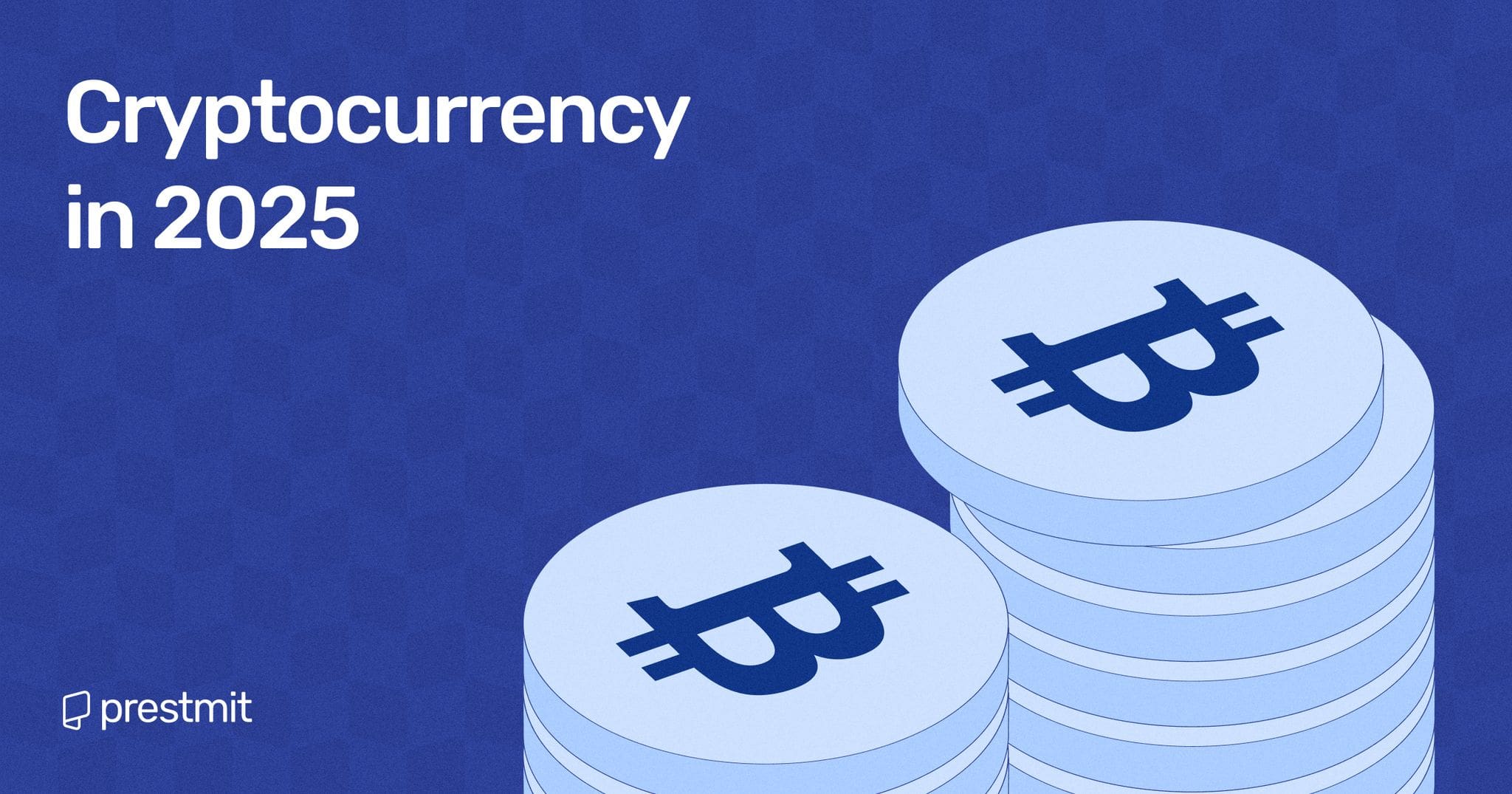The Dark Side of the Internet: Uncovering the Rise and Fall of Silk Road
As I delve into the world of cryptocurrency and online marketplaces, I am reminded of the infamous Silk Road, a digital black market platform that was once the go-to hub for illegal drug transactions and money laundering activities. Launched in 2011, Silk Road was the brainchild of Ross William Ulbricht, who is now serving a life sentence in prison for his role in the platform.
The Silk Road logo, a symbol of the dark web’s most notorious marketplace
The Rise of Silk Road
In the early 2010s, the use of cryptocurrency and ecommerce marketplaces was on the rise. This surge in digital transactions led to an increased demand for data privacy, and subsequently, the creation of tools and platforms that catered to this need. Silk Road was one such platform that capitalized on this demand, providing a haven for drug traders and illegal activities.
Through a combination of data anonymization technology, a trading platform, and a feedback system, Silk Road created a sense of security and trust among its users. The site was accessible only through the Tor network, which exists mainly to anonymize user data and activities online. This made it the perfect breeding ground for illegal operations.
Bitcoin transactions, the lifeblood of Silk Road
The Fall of Silk Road
However, the FBI was hot on the trail of Silk Road, and in 2013, they finally shut down the platform. The founder, Ross Ulbricht, was arrested and later sentenced to life in prison without the possibility of parole. The seizure of over 144,000 bitcoins, valued at $34 million at the time, was a significant blow to the illegal drug trade.
Ross Ulbricht, the mastermind behind Silk Road
The Legacy of Silk Road
Although Silk Road is no longer active, its legacy lives on in the dark web. The platform may have been shut down, but the demand for illegal goods and services remains. Today, there are several websites that have attempted to fill the void left by Silk Road, using the Tor network and cryptocurrency to facilitate their illegal activities.
The dark web, a haven for illegal activities
In conclusion, the rise and fall of Silk Road serve as a reminder of the dangers of the dark web and the importance of regulating online activities. As we move forward in this digital age, it is crucial that we acknowledge the potential risks and take steps to mitigate them.


 Photo by
Photo by 











